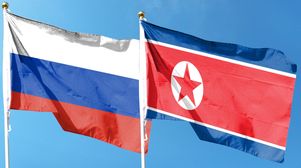South Africa
South African trademark law is governed by the Trademarks Act (194/1993). Section 10 of the act provides absolute and relative grounds for refusal. Sections 10(1) and 10(2) provide that a mark shall not be registered if:• it does not constitute a trademark; • it is not capable of distinguishing within the meaning of Section 9;• it consists exclusively of a sign or an indication which may serve, in trade, to designate the kind, quality, quantity,intended purpose, value, geographical origin or other characteristics of the goods or services, or the mode or time of production of the goods or of rendering of the services; or• it consists exclusively of a sign or an indication which has become customary in the current language or in the bonafide and established practices of the trade.
27 January 2012





